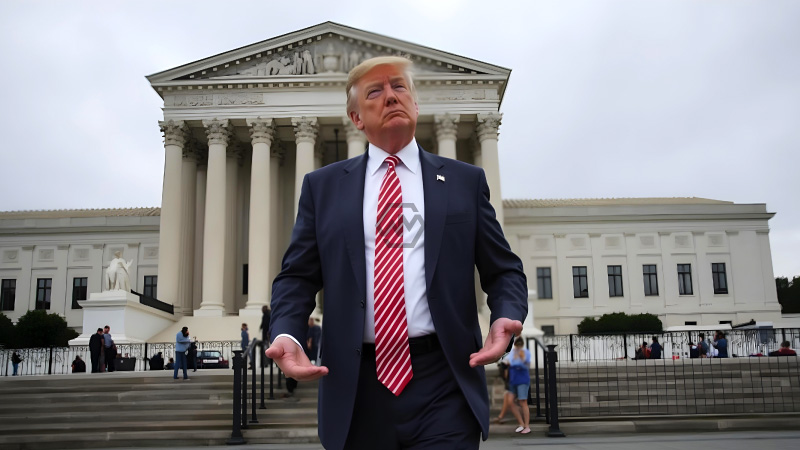- A U.S. court ruled that it lacks jurisdiction over federal employee mass firings.
- The decision permits the Trump administration to proceed with large-scale layoffs.
- The ruling could impact thousands of IRS workers during tax season.
The court’s ruling comes amid ongoing efforts by the Trump administration to reduce the federal workforce, citing the need for budget cuts and efficiency.
As layoffs loom over thousands of federal employees, concerns grow over disruptions in key services, including tax collection and regulatory oversight.
Court Ruling Clears Path for Trump’s Federal Workforce Reductions
Judge Christopher Cooper’s ruling allows the Trump administration to continue widespread dismissals of federal employees, despite opposition from labor unions. The judge emphasized that legal challenges to the firings should be addressed through the Federal Labor Relations Authority rather than the courts.
The decision paves the way for substantial job cuts across various government agencies, with the IRS expected to lose over 6,000 employees at a critical time. Other sectors, including regulatory bodies and scientific institutions, also face uncertainty as the administration moves forward with its cost-cutting strategy.
Labor leaders argue that the mass firings undermine the stability of government institutions, potentially affecting essential public services. Critics warn that these measures could disrupt everything from tax processing to environmental protections, putting additional strain on remaining federal workers.
The administration, on the other hand, contends that excessive federal employment burdens taxpayers and that restructuring is necessary to enhance government efficiency. With the court’s ruling in its favor, the administration now has fewer legal obstacles to implementing its workforce reduction plans.
While the legal battle over federal layoffs continues, the ruling strengthens the Trump administration’s position, raising concerns over job security for thousands of government employees and the broader implications for public services.
“The government is best which governs least.” — Henry David Thoreau



